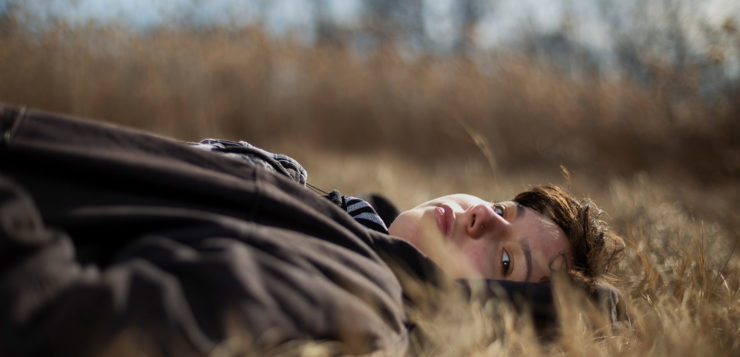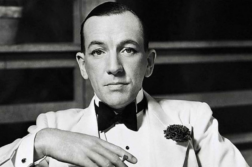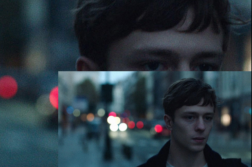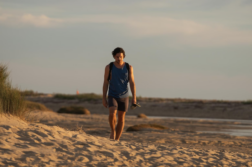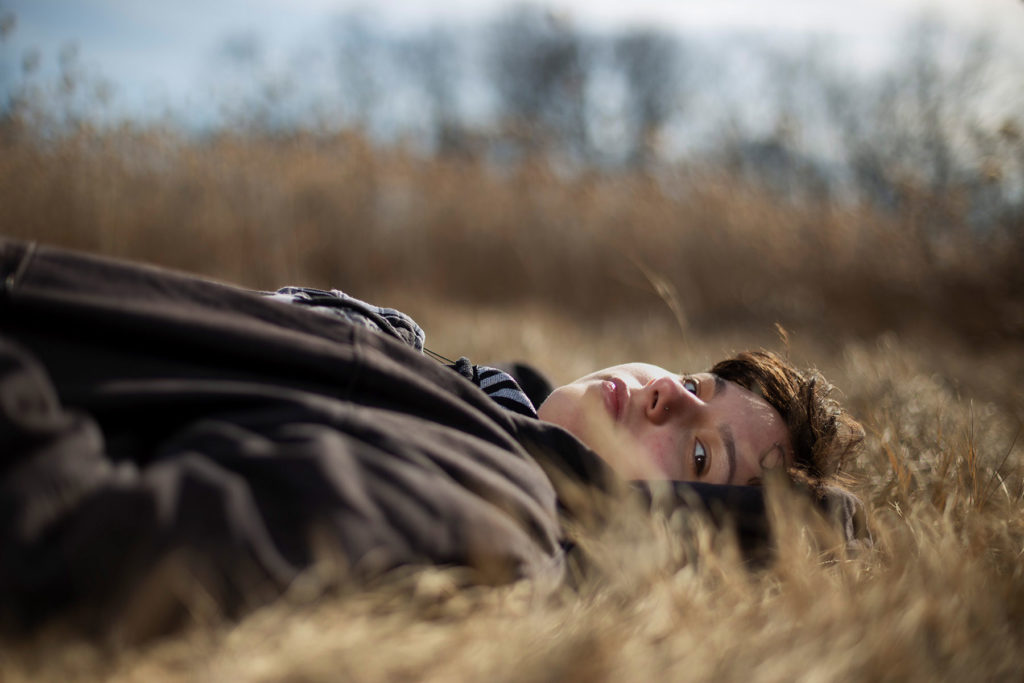
We Are Kind Of More: Gen Z Reframes Gender and Sexuality is a virtual exhibition hosted by the Leslie-Lohman Museum of Art. It showcases the lives and reflections of 16 LGBTQ+ students at LaGuardia Community College, a Long Island City-based CUNY school.
Stephen Petrus, historian at LaGuardia and Wagner Archives at LaGuardia Community College, interviewed students of LaGuardia’s Straight and Gay Alliance (SAGA), and recordings of those interviews are viewable as YouTube videos on the project’s webpage. The brief videos are accompanied by short paragraphs of contextualizing information, as well as photographs of the interviewees taken by student photographers under the mentorship of Thierry Gourjon-Bieltvedt, a professor in the Fine Arts department at LaGuardia Community College. As curators of this exciting project, Petrus and Gourjon-Bielvedt have assembled a thoughtful and intimate collection of student testimonies, building on a similar project titled Rainbow LaGuardia, a collection of photographs and corresponding video interviews of 27 LGBTQ+ faculty, and staff at LaGuardia.
One of the most striking things about this project is how the narratives of SAGA’s LGBTQ+ students are authentically and holistically captured, despite the brevity of the interviews. Students from a diverse array of identities – not only with regards to sexuality and gender identity but also ethnicity, race, nationality, religion, and more – make up this project, and the insight into their lives provided by Petrus and Gourjon-Bielvedt reveals not only how heterogeneous LGBTQ+ student life is at LaGuardia, but also serves as evidence of the curators’ commitment to capturing an authentic representation of what queerness is and could be for Gen Z. We Are Kind Of More resists the trend in curating queerness, instead capturing students who are self-admittedly all in phases of transition, evolving professionally, politically, and with regards to their understanding of queerness.
Some participants talk about their upbringing and the ways in which their families, cultural identities, and class backgrounds impacted their childhoods and their understanding of themselves. For many of these students, coming out and learning how to live unapologetically take center stage in their interviews, illuminating just how critical coming out is, not only to family and friends but to oneself.

Marcello (“Mikey”) Riera discusses his relationship with his mother, who never approved of his passion for dance until she saw him perform in high school. When confronted with his unhappiness at her disapproval, she was finally moved to accept him.
Daniel Cajas, a former Business student who transferred to Fine Arts, discusses overcoming his shame about being bisexual and what finding LGBTQ+ community was like for him.
Ambar Porter, a member of CUNY’s LGBTQ leadership program, muses in her interview about androgyny and how feminine gender presentation felt like a painful imposition during her youth.
Another recurring theme in these interviews is the importance of finding community, as well as resisting problematic elements of queer culture. Joshua Lobato addresses “app culture” in his interview, noting how intracommunal discrimination based on weight, gender presentation, and race has negatively impacted his mental health.
For many of the participants, social media plays a large role in how they interact with queerness and their other communities. Maria Matute describes coming out on social media as bisexual after having gone to Pridefest, to which the responses of family and friends was mixed.
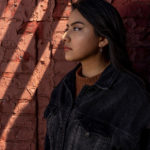
Intermixed with stories about coming out, learning about LGBTQ+ identities, and finding community are broader critiques on the current state of queer politics. Andres Hernandez muses in his interview about “seeing big businesses at Pride,” sharing his feelings of ambivalence regarding corporate involvement at the Manhattan Pride Parade. While most of the testimonials impress upon the listener that enormous strides have been made towards the acceptance of LGBTQ+ people, it is also clear that Gen Z is intimately aware of the problems their generation has inherited, which have come to define contemporary LGBTQ+ political discourse.
Taken as a whole, We Are Kind Of More is more than the sum of its parts. It presents readers with thoughtful reflections on LGBTQ+ issues from the perspective of the newest generation of the community and it serves as a model for other curators, journalists, oral historians, and activists wanting to capture the zeitgeist of a generation. Additionally, We Are Kind Of More is an excellent resource not only for educators wanting to familiarize themselves with the issues concerning Gen Z LGBTQ+ students, but for those students themselves, who might be seeking community and validation in the knowledge that they are not alone in their thoughts and feelings. We Are Kind Of More is in many ways a genuine reflection of New York City, capturing the essence of the CUNY’s working class, intrepid LGBTQ+ youth, and is a wonderful case study of how enduringly passionate and resilient the community continues to be.
Adam Kocurek is a History PhD candidate at The Graduate Center, CUNY. He specializes in 20th century American labor and cultural history, with an emphasis on LGBT history and histories of activism, gender, and sexuality. He teaches Modern American History at Hunter College.


